Meet our LRVS 2023 APAC Speakers!
Here's a quick look at some of our Speakers and Panelists for LRVS 2023 APAC along with the topics they will be discussing.
Keynote Address:
Rethinking Energy in Southeast Asia
As the global shift to net zero accelerates, countries across Southeast Asia have an enormous opportunity to transition to clean power. By front-loading the deployment of renewables, Southeast Asian countries can accelerate decarbonisation and unlock myriad benefits. To illustrate the measures needed for cost-optimal paths to net zero, Wärtsilä has modelled the future power systems in Vietnam, the Philippines and Indonesia. Each country has different geographies, socioeconomic dynamics, and power systems, yet the modelling shows that net zero is technically and commercially feasible for each of them. Net zero is not a distant possibility. The models provide a clear roadmap for the rapid expansion of renewable energy in the next decade, to create carbon-neutral power systems by mid-century. A recipe which can be translated throughout Southeast Asia.
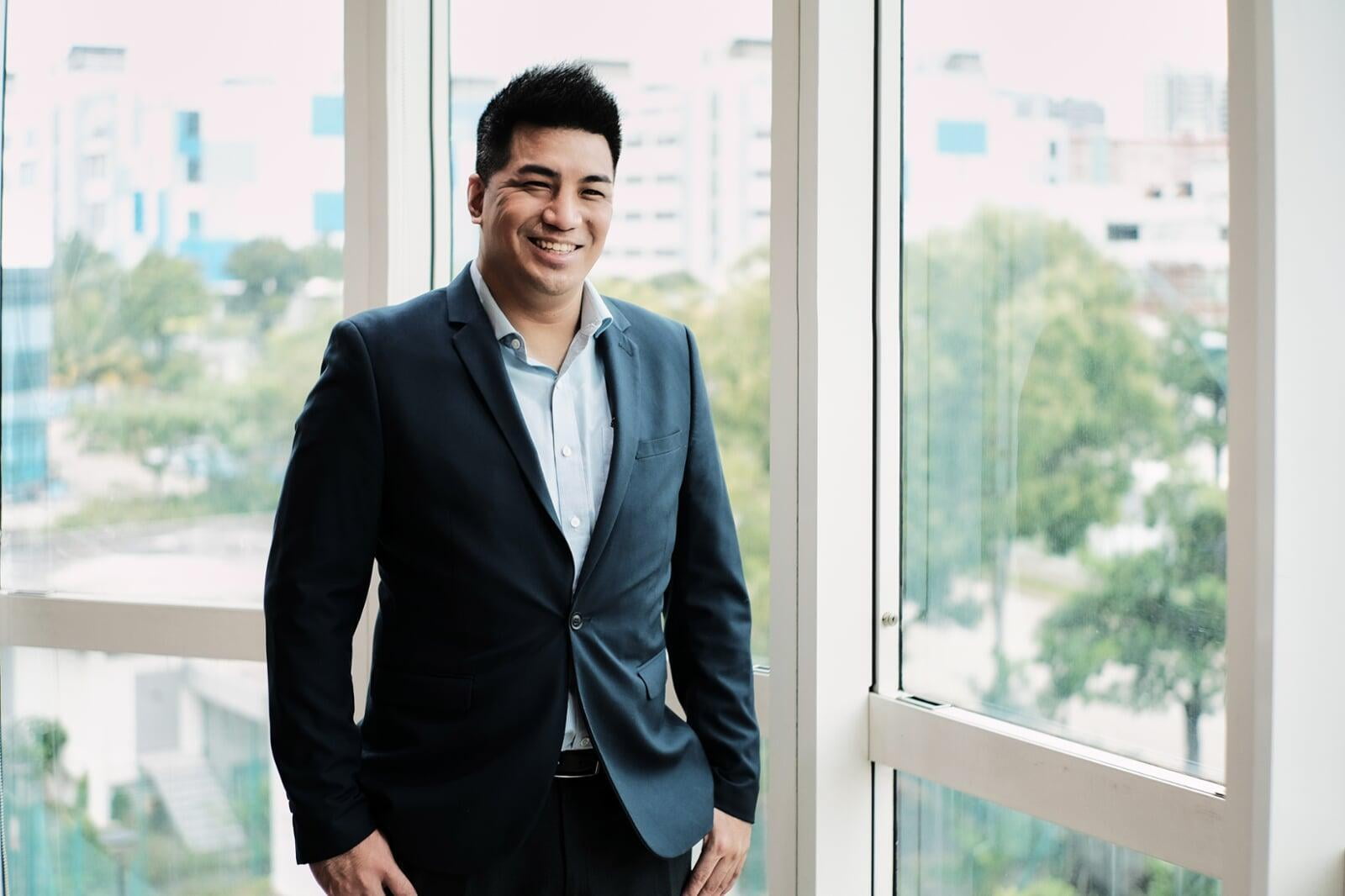
Nicolas Leong
Energy Business Director,
North & Southeast Asia,
Wärtsilä Energy
Ish Bhuiyan
Ish Bhuiyan
Owner/Managing Director of Infrastructure Management Solutions
Sustainable Infrastructure Asset Management partnering with our original custodians of our land
Sustainable Infrastructure Asset Management partnering with our original custodians of our land

Partnering with Indigenous Elders will help Asset Management Engineers to formulate sustainable and bespoke lifecycle asset management responses. How assets perform, operate or fail is subject to (but not limited to) a myriad of Land and Coast management factors. These infrastructure degradation factors are common within the Asia-pacific region.
As we strive to decarbonise our engineering practices - we must respectfully lean on and be led by our indigenous communities to bring forward a practical & evidence infrastructure asset management decision making tool.
Rafe Britton
Rafe Britton
Technical Specialist at Lubrication Expert
What Does the Future of the Industry Look Like?
What Does the Future of the Industry Look Like?

On the Lubrication Expert podcast, Rafe has had the opportunity to speak with some of the greatest brains in the industry. Each has been able to give their own perspective on where the industry is headed and what technologies might win. In this presentation, Rafe synthesizes all these insights into some themes that are likely to shape the industry in the coming decades.
Lars van Dijk
Lars van Dijk
General Manager, Asia of Fluitec
The Path towards Lubricant Decarbonization
The Path towards Lubricant Decarbonization
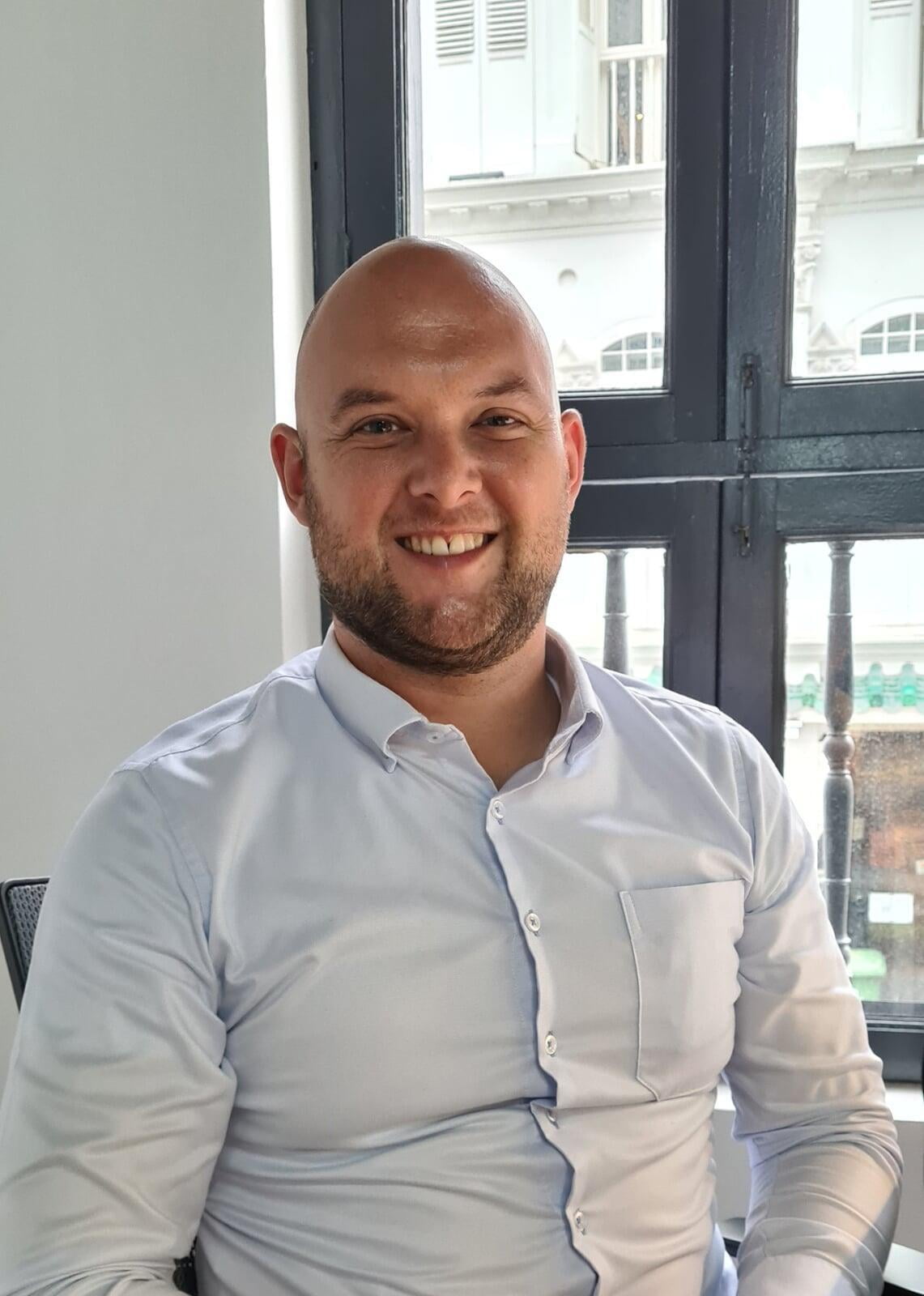
Since the modern oil industry was born 175 years ago, two things have become evident. Oil development has been inextricably linked to both human development and climate change. The world is now at a crux where the desire is to continue human development, without impact to the environment, threatening significant changes to the oil industry in the next few decades. The shift to decarbonization will of course impact the lubricant industry. This presentation will provide a high-level overview of what this evolution will look like in our space and focus on what can be done now, along the path to lubricant decarbonization.
Hassan Abdelnabby
Hassan Abdelnabby
Mechanical Maintenance Deputy Director of AL Zeina Tissue Mill Company
Avoiding common mistakes while building a training plan for your team
Avoiding common mistakes while building a training plan for your team

This presentation will discuss the common mistakes that maintenance managers and reliability leaders make while building their training plan. After listing some of the major Mistakes and the impact of them on the training plan, we will discuss the steps needed to create the best fit plan for the team. Additionally, we will determine the criteria for selecting the team members for the training and the type of the training. We will also be discussing the best method for conducting this training. Lastly, we will be discussing how MOBIUS CONNECT communities help grow knowledge sharing in different areas and the ease of accessibility to connect and gain access of the free educational material available on the site.
David Lee
David Lee
Senior Fleet Manager at Solar Turbines
Lube oil experience in Japanese Fleets
Lube oil experience in Japanese Fleets
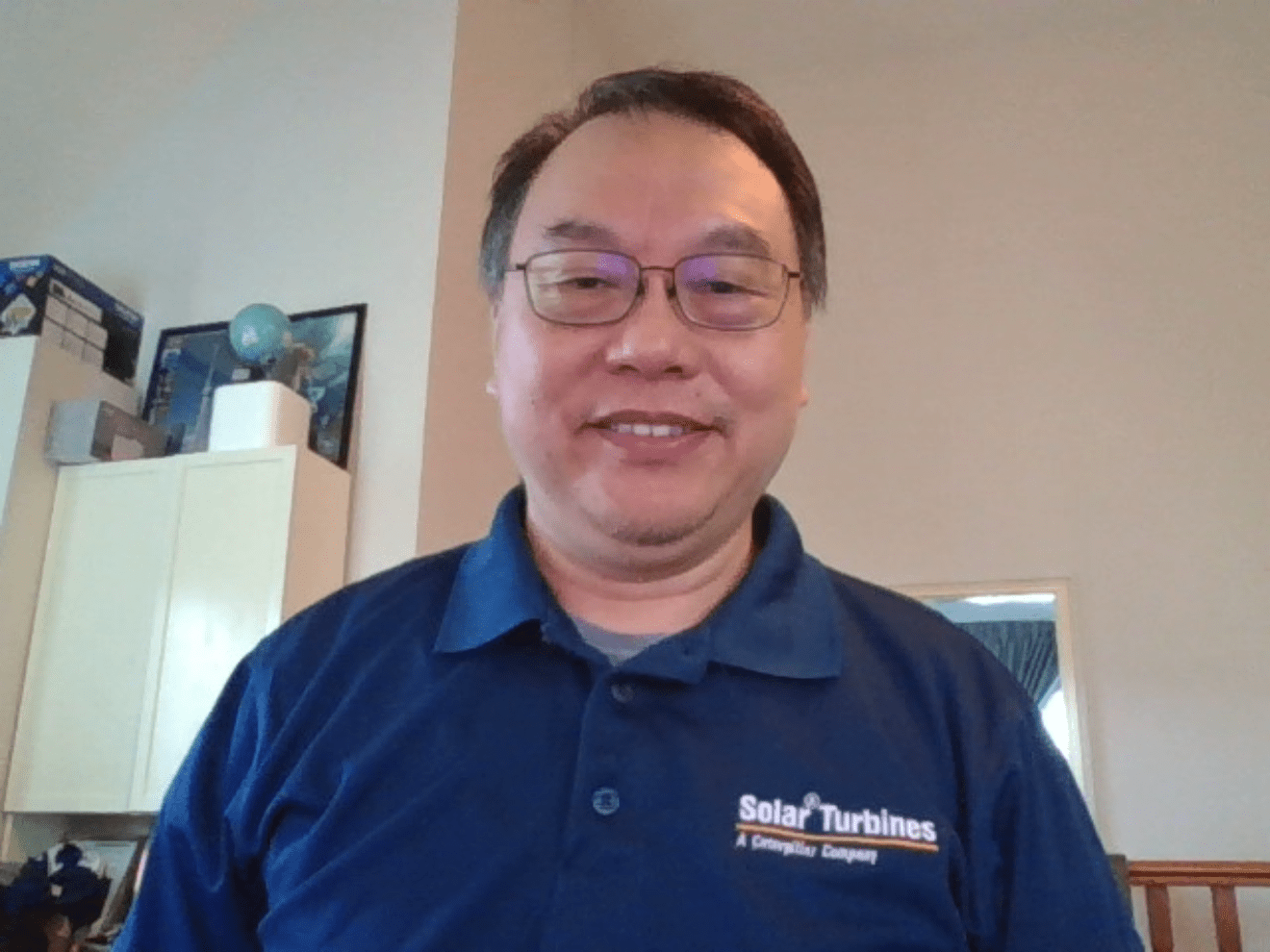
Within the field, there are lots of various case studies especially where the TAN and MPC values have been controlled for turbines. However, there are 4 particular case studies which stand out within the Japan fleet of Solar Turbines. The experiences and learnings from these case studies will be discussed.
Paul Hiller
Paul Hiller
Marketing Manager at ICML
Martin Williamson
Martin Williamson
Managing Director at KEW Engineering
Lubricated Asset Management Programs Don’t Happen by Chance: How ICML 55® Standard, Formal Training, and Certified Practitioners Can Help Make Your Plant Audit-Ready
Lubricated Asset Management Programs Don’t Happen by Chance: How ICML 55® Standard, Formal Training, and Certified Practitioners Can Help Make Your Plant Audit-Ready
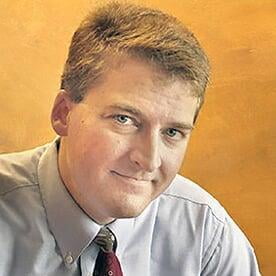

Every facility has lubricated assets that must be managed, but not every facility knows how best to get started—or how to get it right the first time.
In this presentation, Paul Hiller (ICML) and Martin Williamson (KEW Engineering, Uptime101) will briefly describe the 12 interrelated areas of a successful, sustainable, audit-ready Lubrication Management System (LMS) as presented in the complete ICML 55 Standard for lubricated asset management, while also discussing the value proposition of the ICML 55 in proper context with training and certifications.
As a contributor to the initial ICML 55.1 (2019) Requirements document, and as a longtime ICML training partner, Martin lends his unique perspective to this discussion. He is well-positioned to describe trends that he has seen with certification candidates in the Asia-Pacific (APAC) market, as well as his thoughts regarding where APAC should expect to reap the most benefits when applying the ICML 55 Standard.
This session is aimed at Maintenance & Reliability leaders, asset planners and practitioners at asset-rich facilities who are tasked with the planning, design, implementation, and review of lubrication management activities, including contractual resources, service providers, and advisors. Attendees considering organizational compliance with the broader ISO 55000:2014 will recognize that applying the lubrication-specific ICML 55 Standard will be a helpful and necessary “stepping stone” on the path to excellence.
Shane Scriven
Shane Scriven
Managing Director of SAS Asset Management
Mo Data, Mo Worries: Unlocking the Path Towards Better Asset and Asset Management Performance
Mo Data, Mo Worries: Unlocking the Path Towards Better Asset and Asset Management Performance
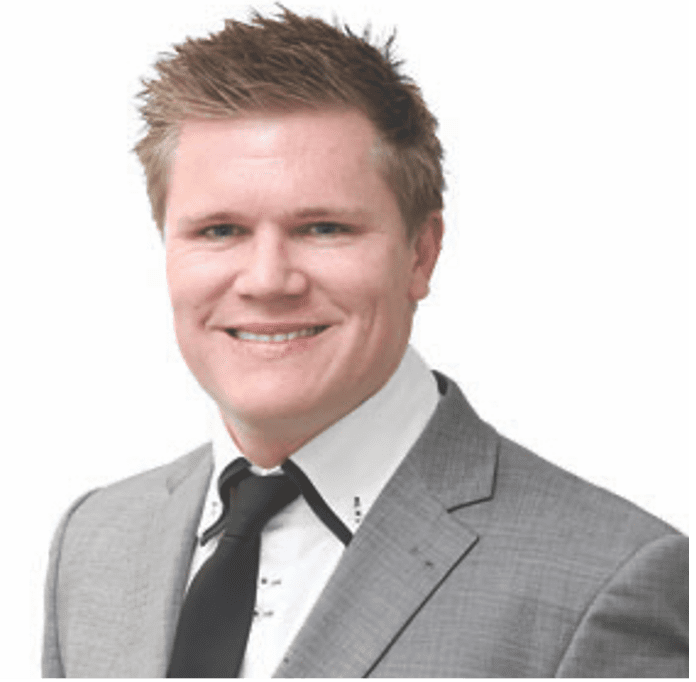
The Audience will learn how to take the first step towards unlocking your assets and asset management potential by applying:
- SAS-AM’s Asset Dependability Assurance Framework (ADAF), NSW Health and SAS Asset Management manufactured a paradigm shift in the management of the critical assets and systems.
- its core principles of Practical, Pragmatic and Agile, SAS Asset Management helped NSW Health overcome significant challenges with respect to missing asset data to produce a 10-year asset management plan for each of its critical systems.
They will also learn how to break the cycle and position your organisation on the path towards continuous asset management improvement.
Greg Livingstone
Greg Livingstone
Chief Innovation Officer at Fluitec
Sanya Mathura
Sanya Mathura
Managing Director at Strategic Reliability Solutions Ltd
Preventing Turbomachinery 'Cholesterol' - The Story of Varnish
Preventing Turbomachinery 'Cholesterol' - The Story of Varnish


Greg and Sanya recently released their book, "Preventing Turbomachinery 'Cholesterol' - The story of varnish published by Industrial Press Inc. In their presentation, they will be talking about some of the myths surrounding varnish.
Oil can be considered the lifeblood of our machines and practices that we employ with our machines are similar to what we do in regular life. Our machines need to be healthy (just like our bodies), so we take oil samples (similar to blood tests) and determine if we have the correct quantities of good stuff and not too much of the bad stuff.
In this session, they will discuss some key concepts which are covered in the book such as preventing deposits and a couple of the technologies which can be used to prevent varnish.
Namrata Mohanty, PhD
Namrata Mohanty, PhD
Research scholar at IIT Kharagpur from Subir Chowdhury School of Quality and Reliability
Beyond the Road: A Holistic Approach to Reliability and Safety Assessment of Electric Vehicles
Beyond the Road: A Holistic Approach to Reliability and Safety Assessment of Electric Vehicles

In this presentation, we propose a holistic approach to battery reliability and safety assessment that goes beyond traditional methods. Our approach includes a comprehensive evaluation of the battery and its components, as well as the charging and discharging systems, to identify potential failure modes and mitigate them.
We will present case studies and examples of our approach to show how it can improve the reliability and safety of electric vehicle batteries, resulting in longer battery life, lower maintenance costs, and a better user experience. Our approach also takes into account the environmental impact of electric vehicle batteries, as we aim to develop sustainable battery technologies that reduce their carbon footprint.
Joseph Uwoajega
Joseph Uwoajega
General Engineering Superintendent from Notore Chemical Industries
Root Cause Analysis For Maintenance Leaders and Technicians
Root Cause Analysis For Maintenance Leaders and Technicians
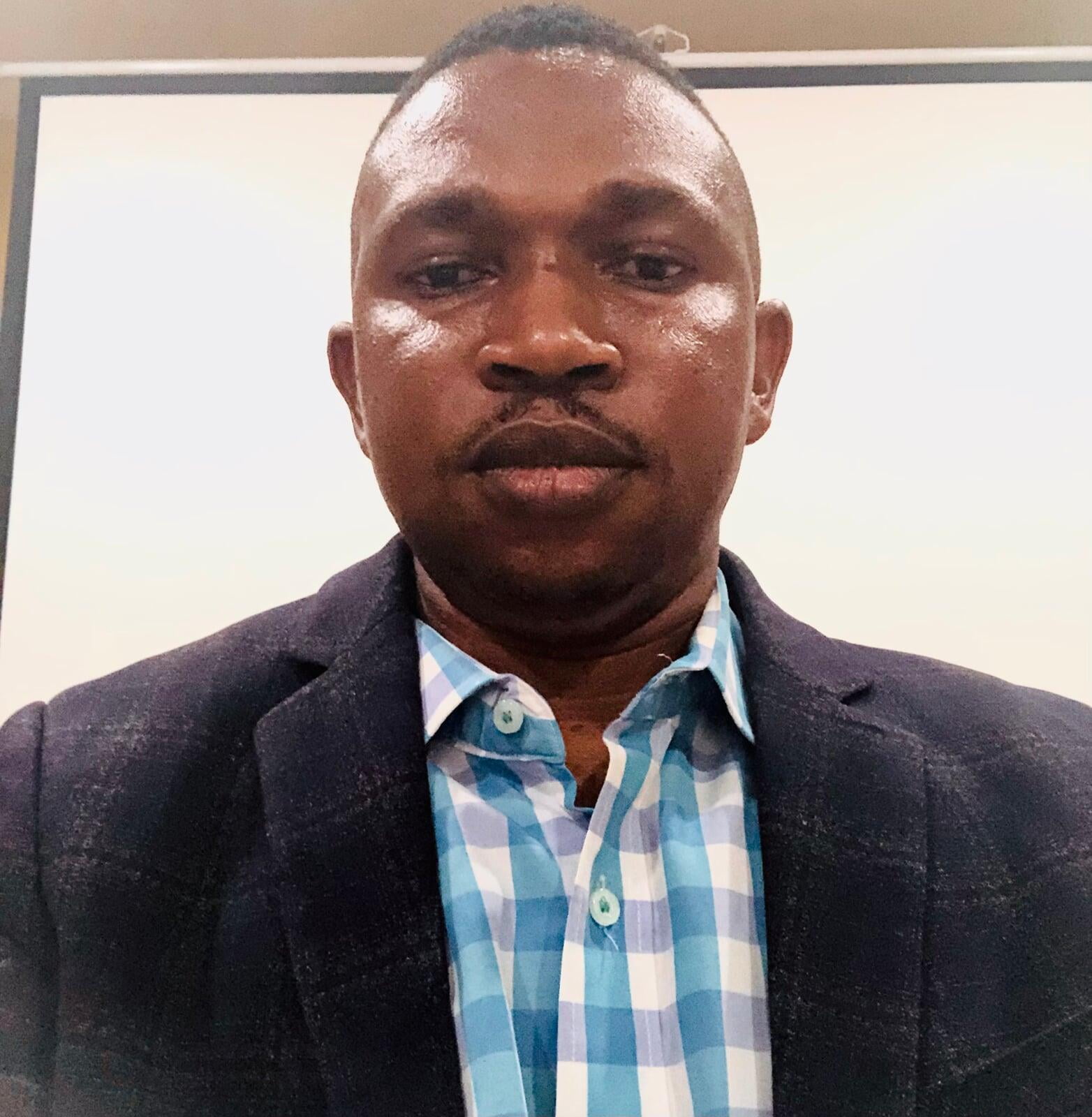
A root cause analysis (RCA) is usually conducted to identify the primary source of a given problem or set of problems. It can be applied to investigate why the vision at the beginning of a project is different from the current situation. Therefore, it plays a big role in identifying the challenges that should be addressed to bring the vision to reality.
The root cause analysis is usually conducted by a small, focused team of individuals. It is usually carried out when assets fails, to find out the root cause of the problem before restoring the asset to avoid future reoccurrence.
After everything is said and done, including identifying the primary sources of different problems, the team involved in conducting root cause analysis must prepare a report.
This presentation will focus on Understanding Root Cause Analysis for maintenance leaders and technician with a focus on root cause analysis types and applications in maintenance.
Andre Jooste
Andre Jooste
Ultrasound specialist from Acumen eSolutions
Using structure borne Ultrasound to prevent incorrect lubrication of critical bearings
Using structure borne Ultrasound to prevent incorrect lubrication of critical bearings
In his session, he will focus on the fact that incorrect lubrication of bearings is recognized as the single largest reason for premature bearing failure. This paper will look at using Structure Borne Ultrasound to mitigate that.
Srikanth Anchula
Srikanth Anchula
Sr. Chemist (Lubricants) from The Viswa Group
Ferrography analysis of wear particles of Cylinder Lube Oil systems of a commercial marine ship
Ferrography analysis of wear particles of Cylinder Lube Oil systems of a commercial marine ship

The objective of this presentation is to present the ferrography analysis of wear particles contained in used cylinder lubricant oil samples that collected from the main engine cylinder units of a commercial marine ship. TBN, Water and PH measurement, ferrography analysis and ICP-Elemental have been employed to extract the relevant information about the physical aspects of used cylinder oil and the wear condition of the parts from cylinder units in main engine.
The study showed that the application of wear particle analysis and ferrography is an effective means to identify and respond to maintenance needs of marine ships in the main engines' cylinders. Ferrography is a technique in which wear debris and contaminant particles are separated from a lubricant, and arranged according to size on a transparent substrate for analysis.
Preeti Prasad
Preeti Prasad
Team Lead- Downstream & Global Chem at ECOLAB
Sustainability- a word with hidden Responsibility & more
Sustainability- a word with hidden Responsibility & more
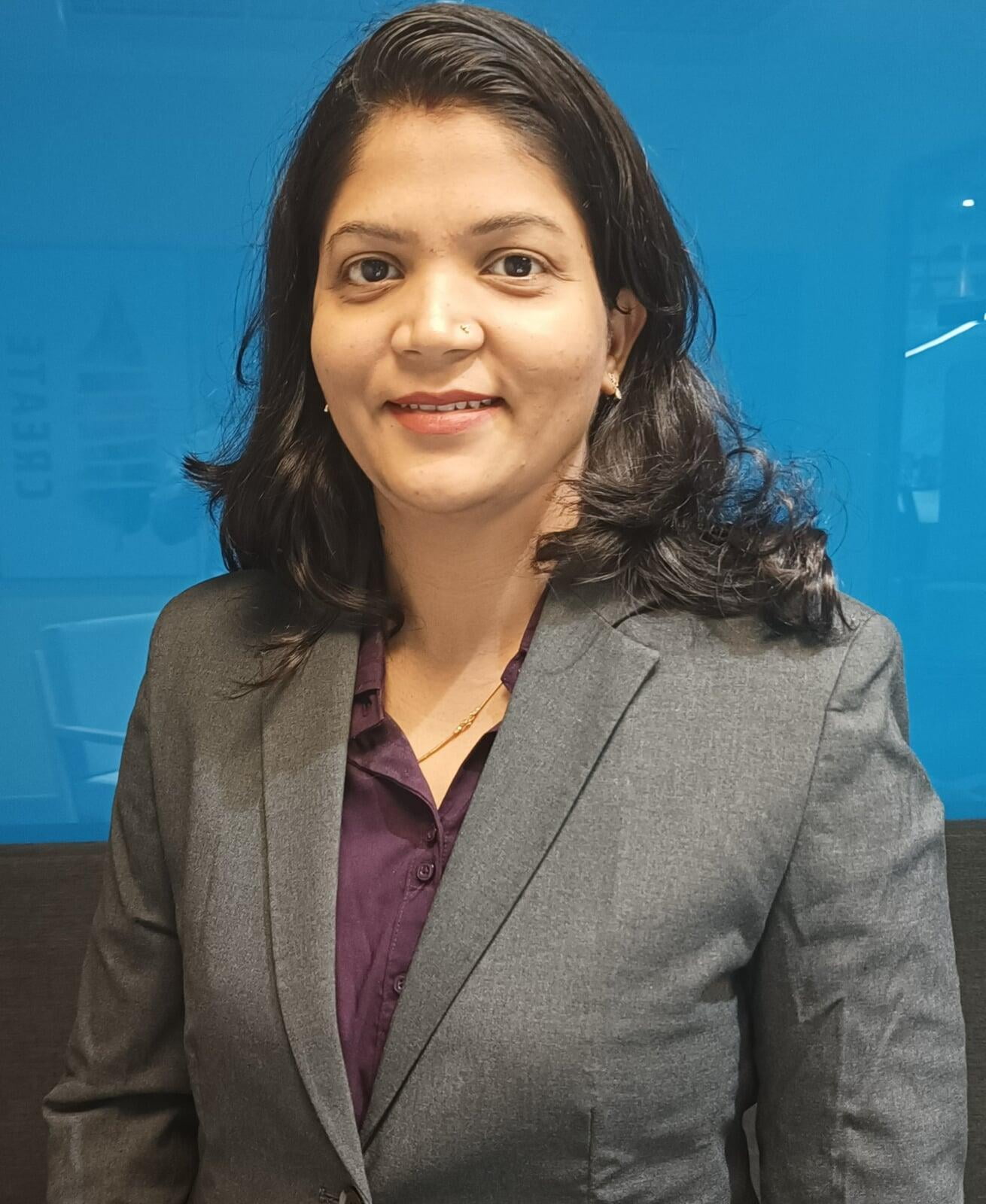
The most efficient way to achieve sustainability goals is the adoption of technologies that helps in energy management, decarbonization, asset reliability, resilience, environmental goals, and many more.
Industry 4.0 is about marching toward digital transformation by integrating each asset or internal process starting from designing, supply chain, and usage of products till their end with more visibility, real-time data, cost reduction, and overall impact on the sustainable environment.
In the Industrial lubricant sectors, the emphasis is given to the formulation of Biodegradable lubricants, standards for optimum usage, and awareness of their handling & storage to avoid spills or leaks in the environment, machinery up-gradation with IoT inspections devices, contamination monitoring & control, reclamation, oil analysis, till the policies for proper & safe disposal. All because every drop matters.
Muhammad Hami Asmai Ismail
Muhammad Hami Asmai Ismail
Implementation Consultant from Hexagon ALI
Driving Shift Excellence: Digitalizing Shift Handover Process via Hexagon j5 Operations Management Solution
Driving Shift Excellence: Digitalizing Shift Handover Process via Hexagon j5 Operations Management Solution
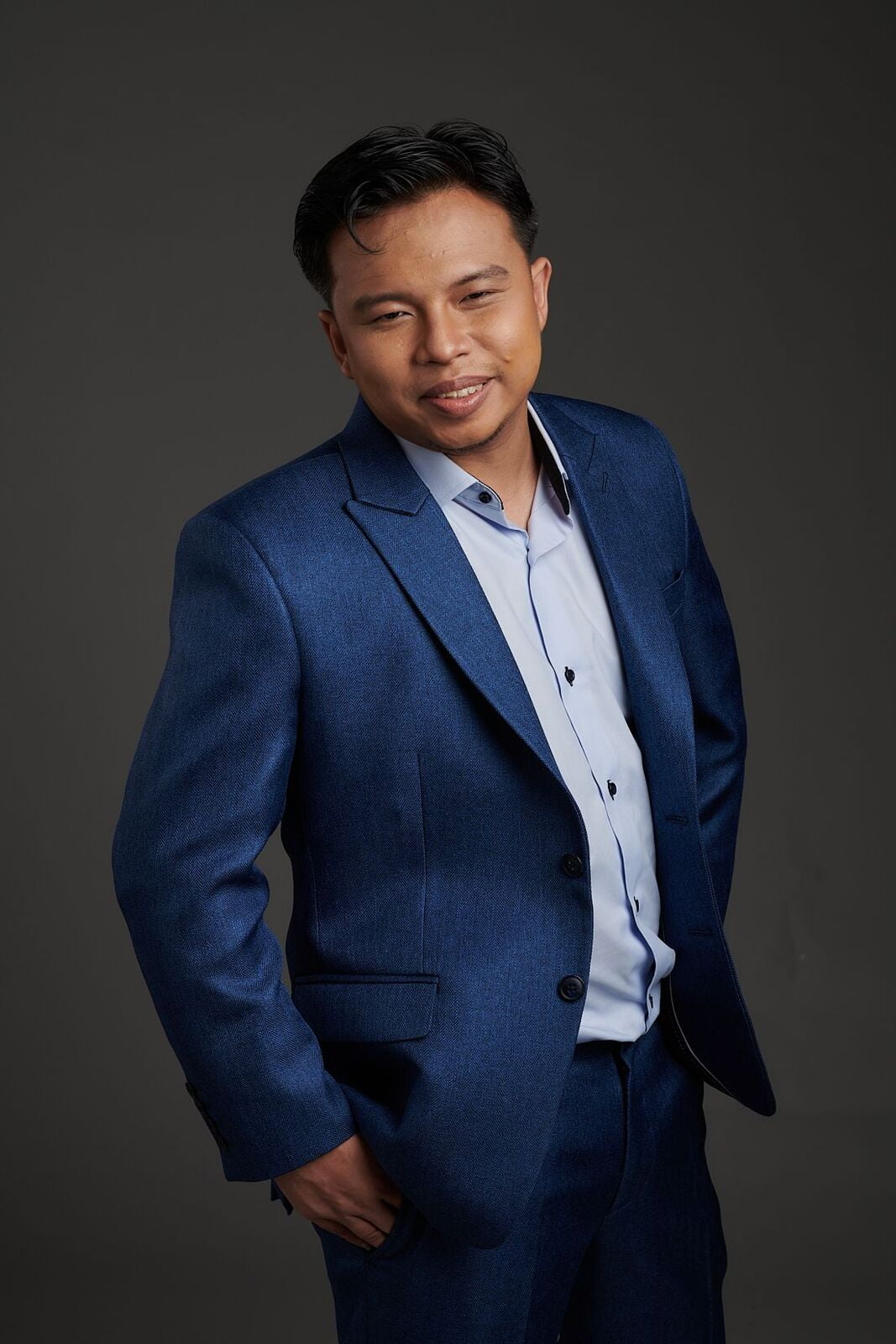
Shift Excellence derived from Operational Excellence is being applied at managing shift change process, to ensure it being done more consistently, efficiently, and reliably - at every level of the organization. This session will explore the importance of driving Shift Excellence and how to achieve it using Hexagon j5 Operations Management Solution.
An overview of j5 Operations Management solution will be described. Then, some detailed concept of ‘how’ managing shift handover takes place in j5 Operations Management will be showcased along with typical information it carries over: digital logs/incidents (via Operations Logbook sub-module), work instructions, and standing orders.
Gregory Romer
Gregory Romer
Technical Specialist at HPC-Hydrocarbon Program Consultancy
Lubrication & Contamination Benchmarking
Lubrication & Contamination Benchmarking
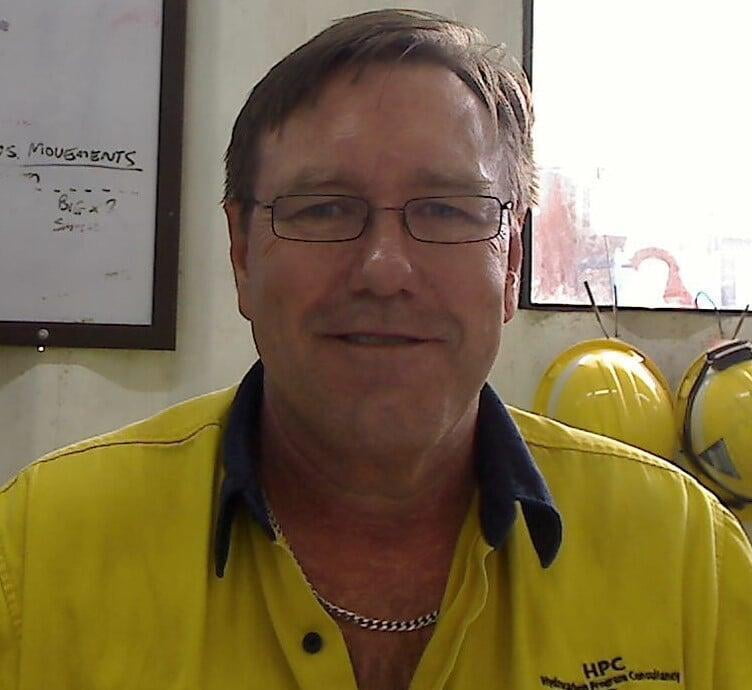
Some of the objectives for this session include;
*Understanding what contamination is costing Processing*Lubricant usage and consumption
*Allocated
*Unallocated
*Key drivers of contamination
The Key Topics being covered are:
*What causes wear?
*Are oil changes effective?
*Oil cleanliness and cost savings achievable
Eric Puah
Eric Puah
Condition Monitoring Specialist at Fluitec Asia
The value of integrating RULER & MPC for all Oil monitoring Programs
The value of integrating RULER & MPC for all Oil monitoring Programs

Industrial oils can rapidly degrade and cause sludge, deposits, coking which leads to varnish on the machine internals. This has become more prevalent due to factors such as chemistry, operating conditions OEM designs etc.
This webinar will explain various degradation methods in industrial oils and explain how to monitor oil degradation (from a user's perspective) and prevent premature discarding of the oil.
